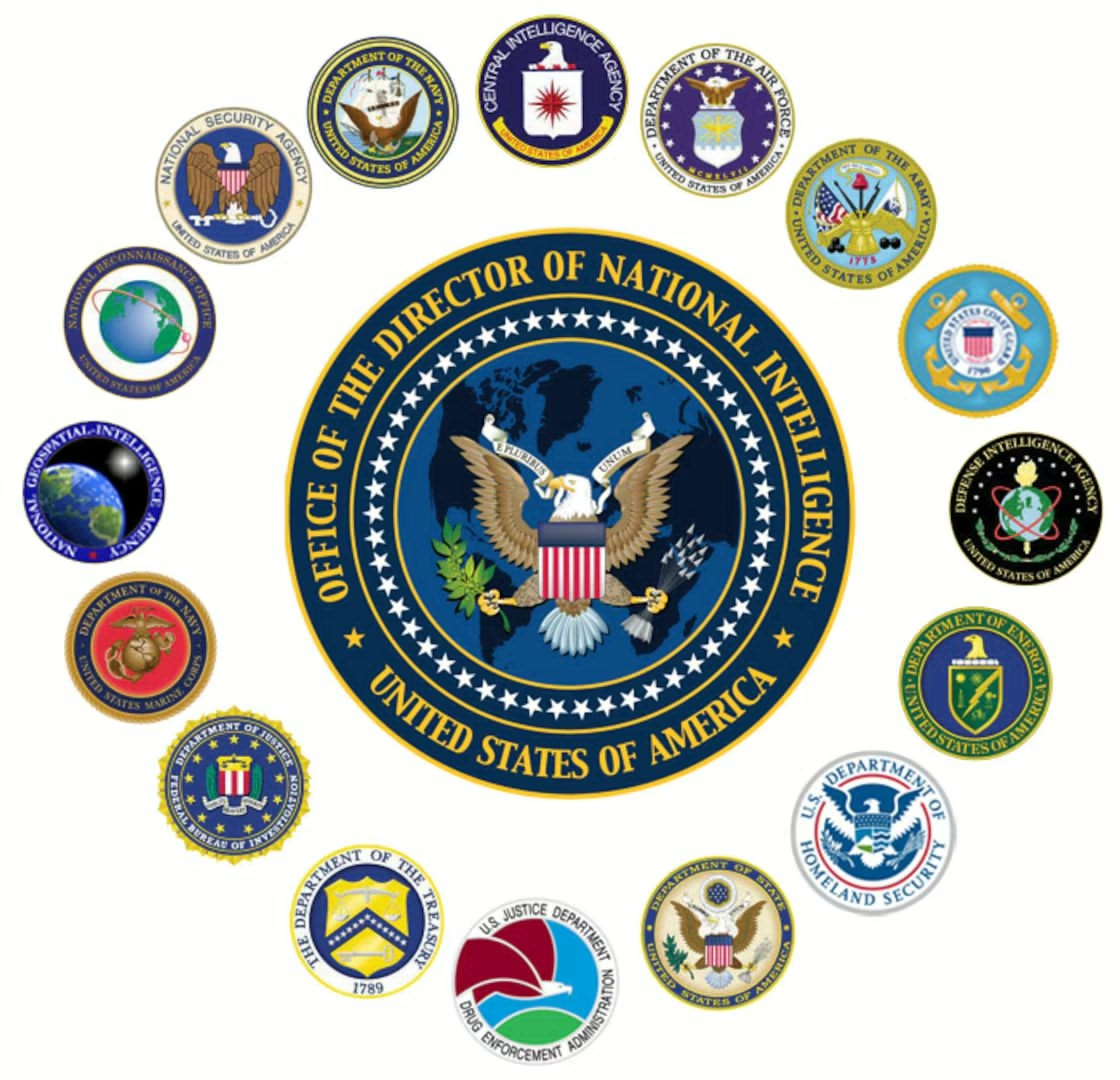
11 Things You Probably Take for Granted About the Office of the National Security Adviser
By Dahiru Bashir Hassan
The Office of the National Security Adviser (NSA) is one of the most pivotal yet often misunderstood institutions in any government. While many people would easily recognize the role of security agencies such as the military, intelligence services, and the police, few understand the critical function the NSA plays in ensuring that national security remains well-coordinated, strategic, and proactive.
Here are 11 key responsibilities of the NSA that you may not :
1. The President’s Closest Security Adviser
As the name suggests, the NSA serves as the President’s chief adviser on national security. This role extends beyond just military affairs—it includes foreign policy, intelligence coordination, and internal security. The NSA’s advice helps shape the President’s security-related decisions at the highest level.
2. The Coordinator of National Security Policy
Think of the NSA as the “Coordinator General” of a country’s security framework. The position ensures that national security policies are not only well-defined but also harmonized across various government agencies for seamless implementation.
3. Bridging Ministries, Departments, and Agencies
To implement security policies effectively, the NSA collaborates with key Ministries, Departments, and Agencies (MDAs). In Nigeria, this includes the Ministry of Defence, the Armed Forces, the National Intelligence Agency, the Defence Intelligence Agency, the Department of State Services, the Nigerian Police Force, and the Nigeria Security and Civil Defence Corps.
4. A Crucial Player in Foreign Policy
In many countries, including the United States, the NSA plays an active role in shaping and executing the President’s foreign policy. This function ensures that diplomatic engagements align with national security priorities, particularly in areas such as counterterrorism, cyber threats, and international intelligence-sharing.
5. Setting National Security Priorities
Beyond advising the President, the NSA helps shape the broader security agenda of the government. This means identifying potential threats, setting national security priorities, and ensuring that the country is prepared for emerging risks.
6. The Hub for Intelligence Gathering and Analysis
One of the most critical aspects of the NSA’s role is intelligence coordination. The office serves as a central hub for gathering, analyzing, and synthesizing intelligence from multiple sources—including military, diplomatic, and law enforcement agencies—to present a comprehensive security picture to the President.
7. Ensuring a Unified National Security Strategy
The NSA does not work in isolation. A key part of the role is ensuring that different security agencies are aligned in their objectives and that their strategies do not conflict. By fostering inter-agency cooperation, the NSA ensures a unified and effective approach to national security challenges.
8. Convening and Leading High-Level Security Meetings
The NSA frequently calls and presides over meetings involving various government security agencies. These discussions help assess threats, formulate responses, and develop coordinated security strategies. Given the vast nature of security concerns—including terrorism, cyber threats, economic sabotage, and internal instability—these meetings are crucial in ensuring a proactive rather than reactive security posture.
9. Managing Crisis Response and Decision-Making
During critical security situations, the NSA acts as the central point of coordination, ensuring that government agencies respond swiftly and effectively. Whether dealing with internal security threats, national emergencies, or international incidents, the NSA plays a crucial role in shaping the government’s response.
10. The President’s Representative in Global Security Engagements
The NSA often represents the President in international discussions, engaging with foreign leaders, security organizations, and international bodies. This ensures that Nigeria’s national security concerns are well integrated into global security policies and diplomatic engagements.
11. Balancing National Security with Civil Liberties
While the NSA’s primary focus is on security, the office must also navigate the delicate balance between national security imperatives and civil liberties. Ensuring that security measures do not infringe on democratic freedoms and human rights is a complex but essential part of the NSA’s role.
Final Thoughts
The Office of the NSA is not just an advisory position; it is the nerve center of national security coordination.
While the public often focuses on visible security agencies, the NSA operates behind the scenes, ensuring that all moving parts of national security function as a cohesive unit. The next time you hear about national security decisions, remember that the NSA is the architect behind much of the strategy, ensuring that the nation stays safe in an increasingly complex global environment.
– Dahiru Bashir Hassan is a security researcher, he writes from the FCT

Leave a Reply